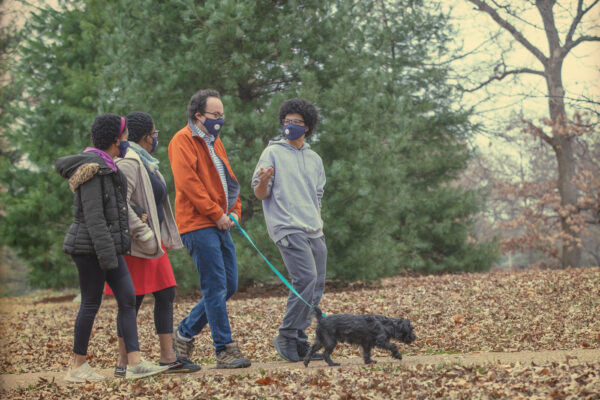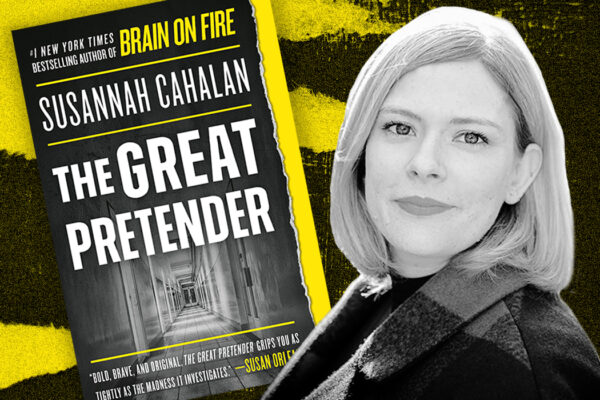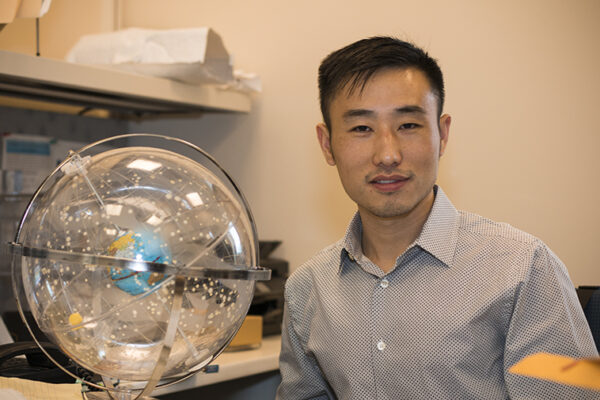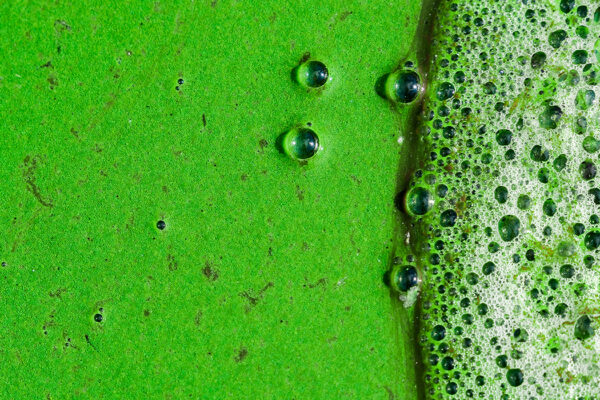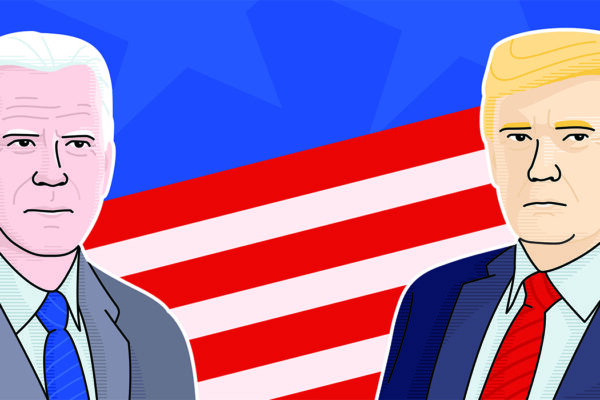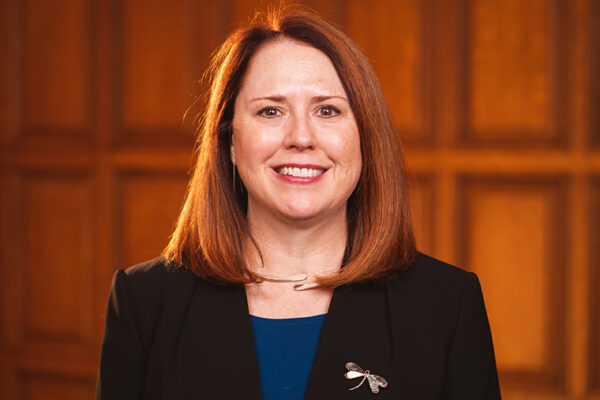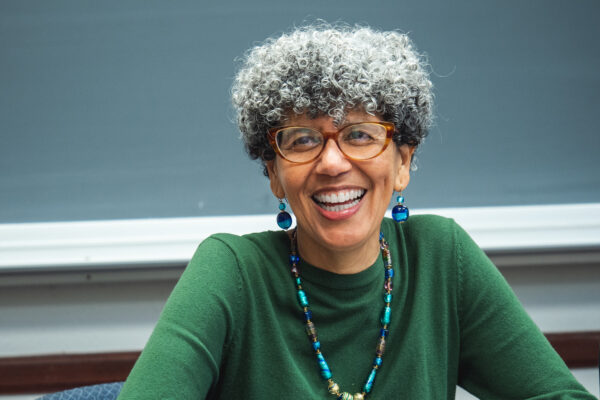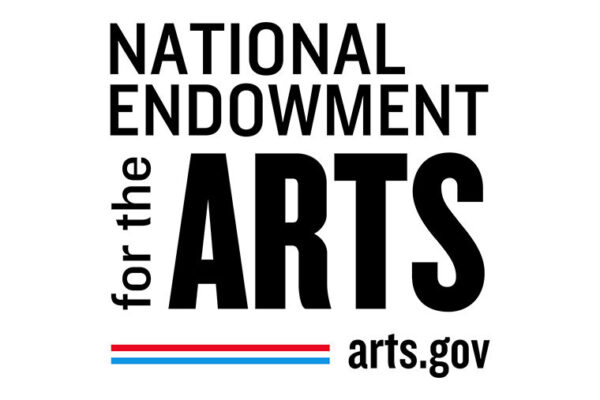New course studies the business of politics
With the specter of COVID-19 and daily twists and turns, last fall’s unusual presidential election served as an exciting live case study for a new Washington University course.
Life in the time of COVID
In 2020, so much about what we know to be normal came to a grinding halt for the WashU community. One week in March, we’re looking ahead to spring break, and then suddenly it’s an unending hiatus. Yet the work of the university, and its families, goes on.
New book comes face to face with misdiagnosis
New York Times bestselling author Susannah Cahalan confronts her own journey with misdiagnosis in her latest publication, The Great Pretender.
Wang receives grant to study volatiles in early solar system
Kun Wang, assistant professor of earth and planetary sciences in Arts & Sciences at Washington University in St. Louis, received a $506,053 grant from the NASA Emerging Worlds program for his project, “Experimental Studies of Volatile Fractionation in the Early Solar System.”
Building a better green workhorse
Biologist Himadri Pakrasi in Arts & Sciences leads a team awarded $1.7 million from the National Science Foundation to streamline the genome of a cyanobacterium for sustainable production of food, feed and fuels.
New podcast explores democracy
Now more than ever, it’s important to understand issues from different perspectives. The American Democracy Lab podcast aims to do just that.
McGlothlin named vice dean of undergraduate affairs in Arts & Sciences
Holocaust studies scholar Erin McGlothlin has been named vice dean of undergraduate affairs in Arts & Sciences, announced Feng Sheng Hu, the Lucille P. Markey Distinguished Professor and dean of the Faculty of Arts & Sciences.
Zafar to discuss Langston Hughes for LOA Live
Rafia Zafar, professor in Arts & Sciences, will discuss the legacy of Harlem Renaissance writer Langston Hughes for LOA Live Feb. 18.
Women are more likely to work under, and violate, pay secrecy policies
Despite increased state legislation banning pay secrecy, a new study involving a Washington University researcher finds informal policies have increased. The lack of transparency enables employers to discriminate — intentionally or not — against women in the pay setting.
Kim wins NEA Literature Translation Fellowship
Washington University doctoral candidate Jae Kim has won a 2021 Literature Translation Fellowship from the National Endowment for the Arts.
View More Stories

